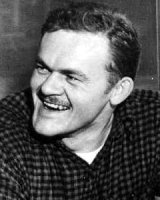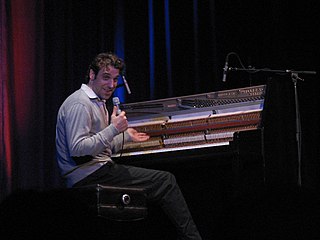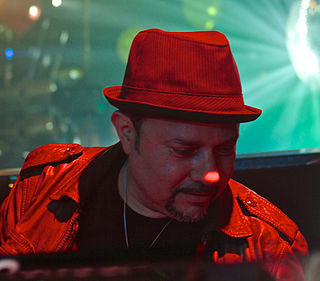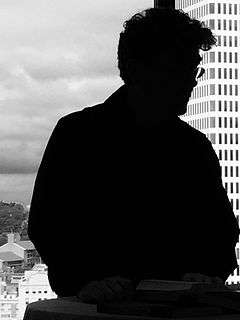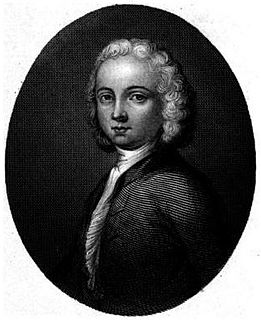A Quote by Scott Derrickson
The evil within the fantasy genre tends to be threatening to the heroes within the story, but not to the reader - or not to the viewer, in the case of cinema - and that's why I think it's more palatable and something that is more easily embraced for a lot of people.
Related Quotes
I really wish that peoplewould just say, 'Yes, it's a comic. Yes, this is fantasy. Yes, this is Science Fiction,' and defend the genre instead of saying, 'Horror is a bit passe so this is Dark Fantasy,' and that' s playing someone else's game. So that's why I say I'm a fantasy writer and to hell with 'It doesn't read like what I think of as a fantasy'. In that case what you think of as a fantasy is not a fantasy. Or there is more to it than you think.
I think comedy allows people to accept the more difficult parts of history. And history, if it's presented wrong, is just very depressing, particularly the history of slavery. If slavery is presented properly, it's a great story. But I think that within the commercial world of storytelling in which I live, there haven't been many strong works that discuss slavery in ways that are palatable and funny and interesting to the reader.
If you're going to point out the ridiculousness of a rule, it's naïve to think that you can break it. It's the same way that rappers have embraced capitalism. Some people say they liked it better when rap was a literal protest form in the '90s. But I think it's more a form of protest today, because it's telling the story of what happens once something forbidden is within reach. I think rap is more political today when it speaks about luxury watches than it does about fighting the power.
Poetry restores language by breaking it, and I think that much contemporary writing restores fantasy, as a genre of writing in contrast to a genre of commodity or a section in a bookstore, by breaking it. Michael Moorcock revived fantasy by prying it loose from morality; writers like Jeff VanderMeer, Stepan Chapman, Lucius Shepard, Jeffrey Ford, Nathan Ballingrud are doing the same by prying fantasy away from pedestrian writing, with more vibrant and daring styles, more reflective thinking, and a more widely broadcast spectrum of themes.



